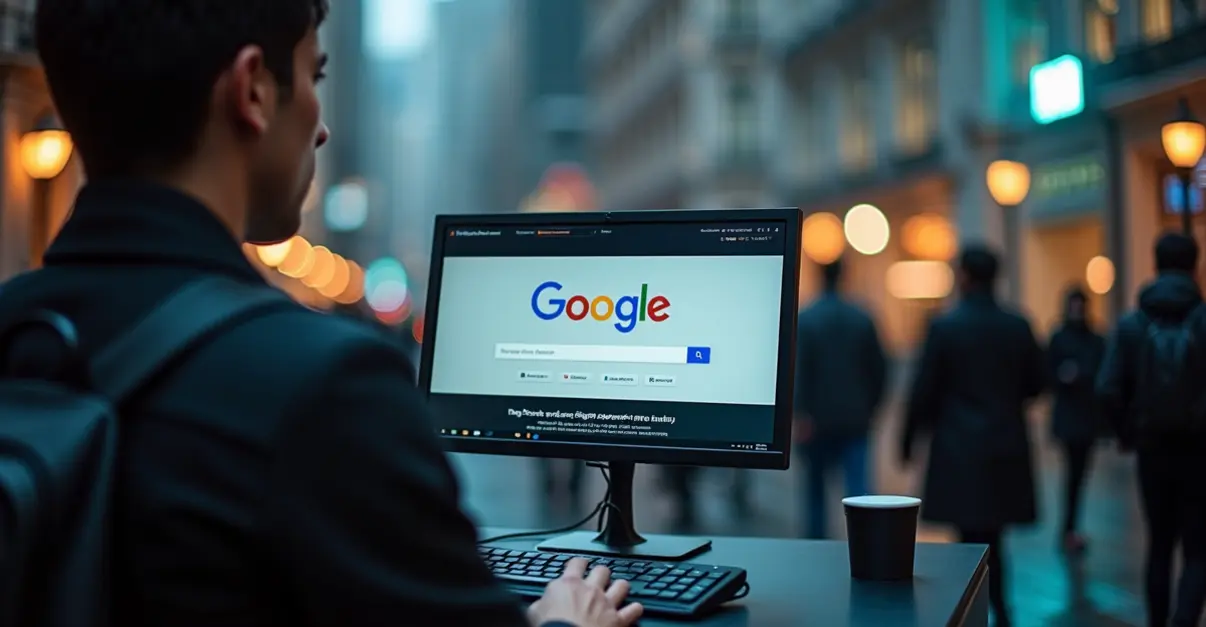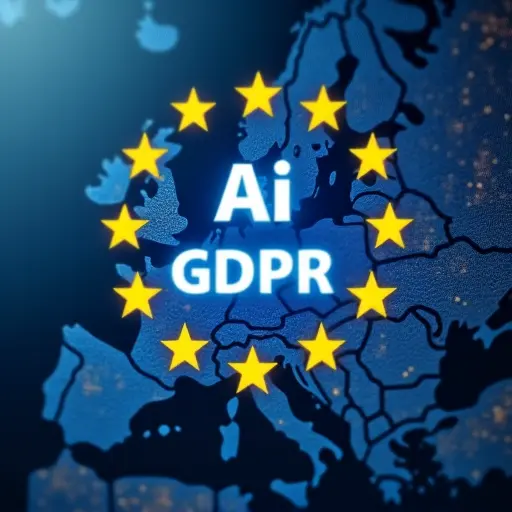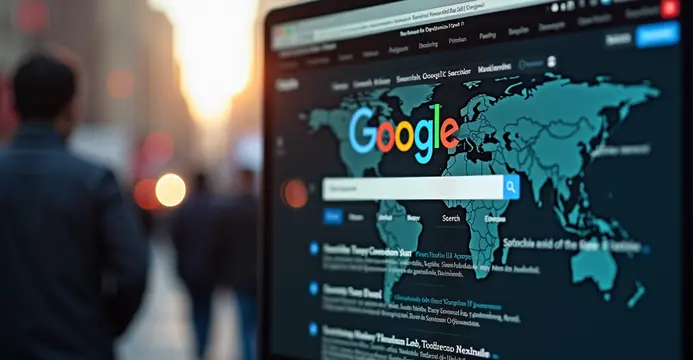
Landmark Antitrust Ruling Reshapes Tech Competition
In a landmark decision that will reshape the digital landscape, US District Judge Amit Mehta has ruled that Google will not be forced to sell its Chrome browser but must share critical search data with competitors. The ruling concludes a years-long legal battle over Google's dominance in online search markets.
Key Provisions of the Ruling
Judge Mehta's decision represents a middle ground between the Department of Justice's initial demands and Google's proposed solutions. The tech giant will be prohibited from entering into exclusive contracts for Google Search, Chrome, Google Assistant, or the Gemini app. This means smartphone manufacturers like Apple, Samsung, and Motorola will now be free to pre-load or promote competing search engines and browsers alongside Google's products.
However, Google will still be permitted to pay distributors for default placement, though these agreements must now be renegotiated annually rather than through long-term exclusive deals. The company must also share valuable search data with rivals, potentially leveling the playing field for competitors like DuckDuckGo and Microsoft Bing.
Market Reaction and Financial Impact
Shares in Alphabet, Google's parent company, surged more than 8% following the announcement, reflecting investor relief that the company avoided more drastic measures. The ruling was widely seen as favorable for both Google and its distribution partners.
"This doesn't seem to be as draconian as the market was expecting," said Melissa Otto, head of research at S&P Global Visible Alpha. With Google's search operation expected to generate close to $200 billion this year, and tens of billions flowing to distribution partners, the decision represents a win-win for major corporate players.
AI's Role in the Outcome
Google indicated that the rise of artificial intelligence likely influenced the court's decision. "Today's decision recognizes how much the industry has changed through the advent of AI, which is giving people so many more ways to find information," the company stated.
The tech giant maintained that its market dominance stems from product superiority rather than anti-competitive practices. "This underlines what we've been saying since this case was filed in 2020: Competition is intense and people can easily choose the services they want," Google's statement continued.
Criticism from Competitors
Not all reactions were positive. DuckDuckGo, a privacy-focused search competitor, expressed disappointment with the ruling. "The order fails to force the changes necessary to address Google's illegal behavior. As a result, consumers will continue to suffer," said CEO Gabriel Weinberg.
Ongoing Legal Challenges
This ruling is not the end of Google's legal troubles. Later this month, the company faces another antitrust trial brought by the Justice Department regarding alleged monopolies in online advertising technology. The outcome of that case could impose additional restrictions on Google's business practices.
The decision sets an important precedent for how regulators approach tech monopolies in the age of artificial intelligence and could influence future cases against other tech giants.

 Nederlands
Nederlands English
English Français
Français Deutsch
Deutsch Español
Español Português
Português







